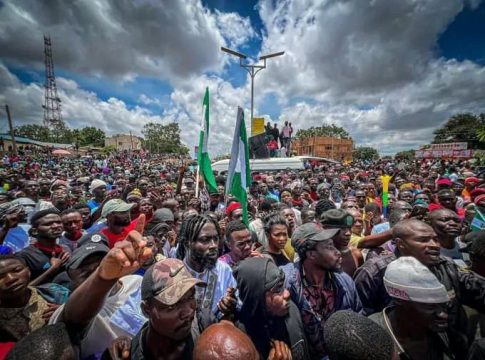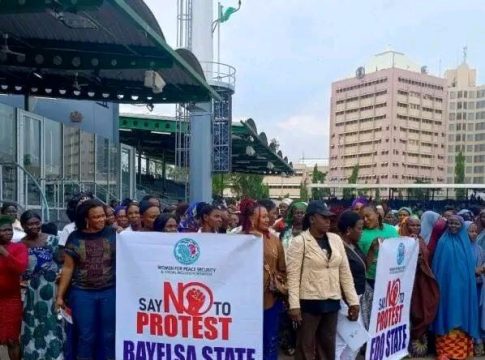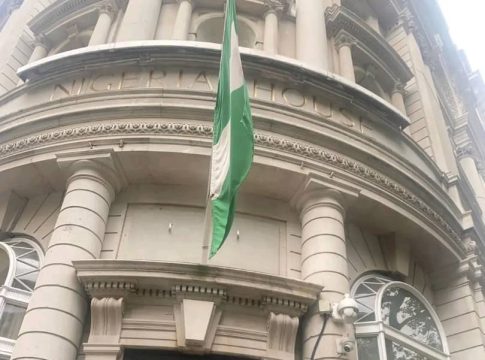Nigeria is grappling with a deepening crisis as the hunger protests, sparked by economic hardship and misgovernance, enter their second day.
The nationwide demonstrations, which began on Thursday, August 1, have claimed at least 17 lives across six states, including Abuja, Kano, Niger, Borno, Kaduna, and Jigawa.
The protests, initially peaceful, turned violent in some cities, resulting in confrontations between security forces and protesters.
READ MORE: Justice Ajumogobia’s Daughter Found Dead In Lagos Apartment, Police Arrests Domestic Staff
This escalation has led to significant economic disruption, with many businesses, banks, shopping plazas, and markets remaining closed, fearing further escalation.
Former senator Shehu Sani has weighed in on the crisis, posing critical questions about regional involvement in the protests.
“Why is the southeast region noticeably absent from the nationwide hunger protests?” he asked.
“Why does the southwest region consistently participate in every protest, while the north protests against certain leaders but remains silent during others?”
Sani’s questions highlight the complex web of regional dynamics and interests at play in Nigeria’s political landscape.
As the protests continue, it remains to be seen how the government will respond to the growing unrest and address the underlying issues driving the demonstrations.




